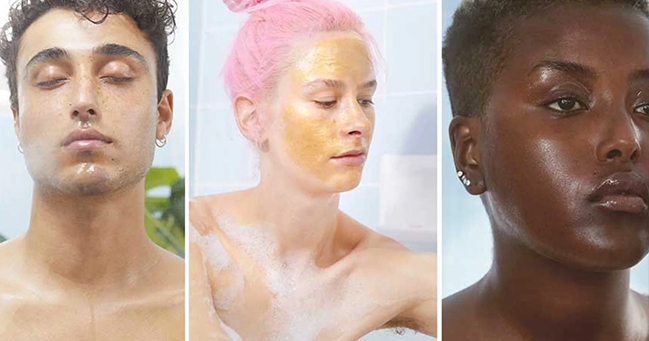
Retailer shifts away from ‘woke’ advertising, embracing tradition instead
One of Sweden’s biggest fashion stores believes their advertising has become too “woke,” leaving customers feeling disconnected.
The majority owner, Ayad Al-Saffar, is now determined to make a change.
”It might sound racist, but it’s not because it’s plain simple marketing,” he says, according to EFN.
Åhléns is one of Sweden’s most iconic department stores, similar to Macy’s in the U.S. It offers a wide range of products, from fashion and beauty to home decor, and has been a go-to shopping destination for Swedish families for over a century.
For years, the company has been known for pushing boundaries and challenging societal norms through bold campaigns that often embraced progressive themes and messages. Whether promoting diversity, breaking gender stereotypes, or showcasing different body types, the brand’s advertising was celebrated for being ahead of its time and resonating with a more socially conscious audience.

However, it seems that the era of ”woke” advertising may be coming to an end.
According to majority owner Ayad al-Saffar, the store has strayed too far from its customers with its recent marketing campaigns.
”When I bought Åhléns, it was as if they could never show a Swedish guy or girl in the advertising and it gets too odd. An example is when they showed a handsome dark-skinned guy that they tested make-up on. It will be too much. The picture was very nice and would fit as a painting behind a hotel reception, but the marketing department said that they would wallpaper Sweden with that picture for an offer on foundation.
”I said it like it was: my daughters won’t buy make-up at Åhléns because this guy wears make-up. What’s wrong with having pictures of ordinary girls when it’s ordinary girls who shop with us? It might sound racist but it’s not because it’s plain simple marketing,” Al-Saffar told EFN.
Ayad Al-Saffar’s observation is clear: consumers no longer see themselves reflected in ”woke” advertising. He argues that the past decade’s trend of inclusivity has inadvertently sidelined everyday individuals. In a discussion with Ekonomikanalen, he stated:
”I ask the marketing department: who do you celebrate Christmas with? Your family or your friends? Your family! Then we will have families in our pictures and not groups of friends.”
According to Adland, Åhléns has found itself at the center of several controversies over the years. In 2018, they launched a campaign claiming that Swedish Christmas traditions weren’t inherently Swedish, which sparked significant backlash from the public.
In 2016, the country experienced a national uproar when Åhléns featured a boy as Lucia, a cherished – usually female – figure in Swedish Christmas celebrations known for bringing light and joy during the darkest days of winter.
This progressive move faced fierce criticism, culminating in the store needing to pull its Lucia campaign after hundreds of racist and hateful comments were directed at the 14-year-old boy who appeared in the ad.

For some, Al-Saffar’s opinions regarding Åhléns’ different approach feel like a breath of fresh air. They think it’s a step toward recapturing what they loved about Åhléns in the first place—a store that brought families together, celebrated classic Swedish design, and offered something for everyone.
Yet, others worry that this move might signify a retreat from progress or a concession to critics who resist change
In the U.S., the debate over ”woke” advertising has also grown increasingly heated, with companies facing backlash for their campaigns. One example is Bud Light, which encountered significant criticism after partnering with trans influencer Dylan Mulvaney in a marketing campaign. Many critics argued that the company was trying too hard to be politically correct.
What do you think? Share your thoughts and join the conversation — does advertising need to change, or has it gone too far?
READ MORE




